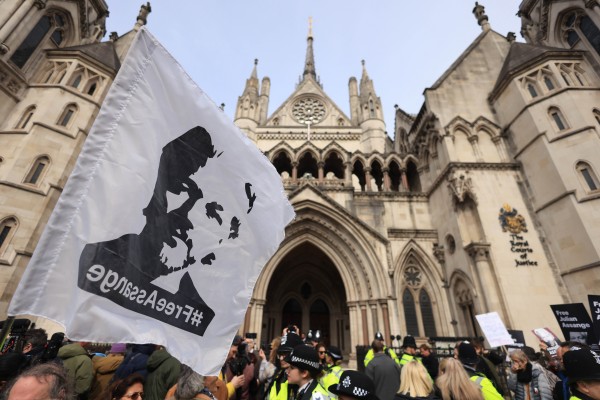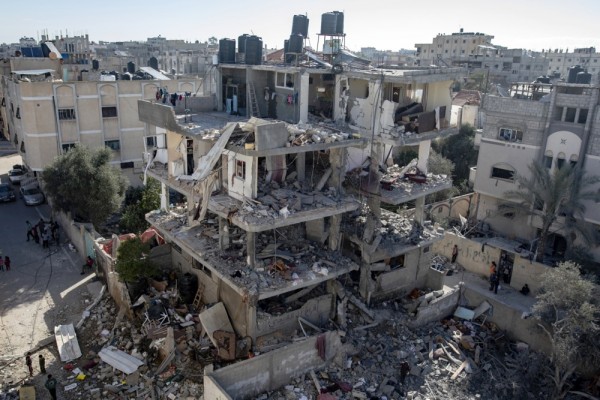Critical, investigative journalism on environmental issues is essential if we want to protect the environment and address the climate crisis. However, journalists working on these stories face multiple, complex threats, a new International Press Institute (IPI) report shows.
From physical violence to arrests, legal harassment, online attacks, restrictions on freedom of movement, and challenges accessing information: journalists who cover climate and environmental stories are targeted by powerful private and state actors who are willing to go to great lengths to protect their lucrative interests linked to environmentally harmful activities.
Launched today, the report, “Climate and Environmental Journalism Under Fire”, is the newest and most extensive overview of attacks on environmental and climate journalists. It reveals the alarming degree to which these attacks are threatening press freedom and impeding efforts to protect the environment and climate.
The report is the result of interviews with nearly 40 environmental and climate journalists in 21 countries in the Americas, Europe, Africa, and Asia. It was researched and written by media freedom expert Barbara Trionfi – who also wrote the 2023 IPI/NICHE report “The Change We Need: Strategies to Support Climate and Environmental Journalism” – together with investigative and climate journalist Léopold Salzenstein.
“This report clearly identifies appalling risks that climate and environmental journalists face because of the stories they pursue. It reveals the systematic and wanton ways used to silence them and prevent the exposure of environmental crimes and other activities that are fueling the climate crisis”, IPI Executive Director Frane Maroević said. “This is a call to action to all of us who care about independent journalism, press freedom and the global climate and environmental crisis. Today we need accurate, independent, and accessible journalism more than ever.”
The report identifies inherent risks for environmental journalists, explores the specific challenges faced by freelancers and local journalists, and examines how failure of the rule of law, public-sector corruption, and economic pressure create a hostile climate for environmental journalists.
The report also examines strategies for countering these attacks and pressures placed on journalists, including through collaboration, safety measures, and legal support structures. It includes recommendations for states, news outlets, and states, journalism support networks, and donors.
• Read the full report: Climate and Environmental Journalism Under Fire: Threats to Free and Independent Coverage of Climate Change and Environmental Degradation
This production of this report was supported by a grant from the Austrian Federal Ministry for European and International Affairs.



